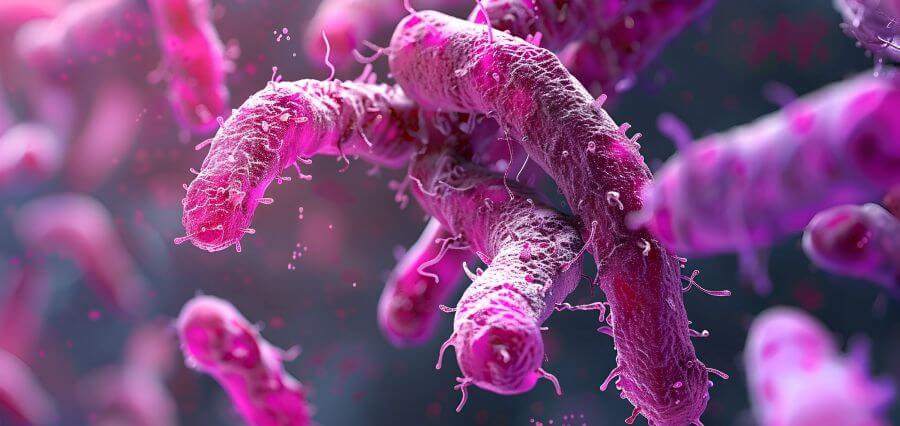This spring and summer, an estimated 10 million Britons will suffer “absolute misery” as the consequences of hay fever take hold.
According to George Sandhu, deputy superintendent pharmacist at Well Pharmacy, hay fever symptoms, such as blocked noses, watery eyes, and itchy throats, are caused by three types of pollen that occur at different periods of the year. Some people are allergic to only one type of pollen, whilst others are “unfortunate enough” to have symptoms from all three: tree, grass, and weed.
Warmer temperatures earlier in the year are predicted to exacerbate the common condition, resulting in an earlier release of pollen and other allergens into the atmosphere. Pollen is normally at its peak from March until September. In 2023, the NHS reported that hay fever symptoms led to approximately 122,000 clinical consultations to general practitioners.
What are the best ways to relieve hay fever symptoms?
Hay fever can be managed with pills, nasal sprays, and eye drops. Eye and nasal sprays, in addition to tablets, are recommended by doctors for total relief. Sandhu goes on to say: “Hay fever symptoms cause absolute misery for millions of people, but the good news is that there are plenty of things that you can do to reduce their impact on your life.”
Anti-allergy medication, also known as antihistamines, is widely regarded as the most popular kind of hay fever treatment.
According to Carolina Goncalves, superintendent pharmacist at Pharma, fexofenadine can alleviate symptoms such as runny nose, sneezing, itchy eyes, and throat irritation. This non-drowsy antihistamine blocks histamine, which produces allergy symptoms. Cetirizine and Loratadine are two other antihistamines worth examining because they have a similar impact.
Sandhu adds, “Since last year, allergy products containing fexofenadine hydrochloride, such as Histallay, have been available without a prescription.”
“Previously, these drugs required a doctor’s prescription. The benefits are seen within an hour and extend for 24 hours without causing drowsiness. Nasal sprays are another therapeutic option that can assist with runny noses and sneezing.
“Corticosteroid nasal sprays can help reduce nasal inflammation and clear up the nasal passages, preventing sneezing and a runny nose,” Goncalves said.
Read More: Click Here





